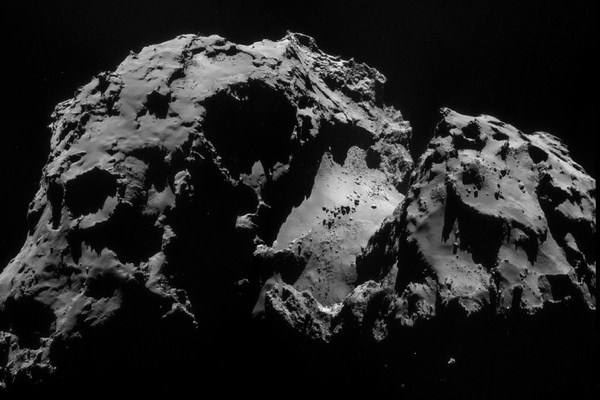When the European Space Agency (ESA) successfully landed the spacecraft Philae on a comet last week, it accomplished something once thought to be the sole purview of the superpowers. In truth, the ESA—a consortium of 20 formal members—highlights a well-established and accelerating trend: Whereas space was once beyond the reach of all but the United States and the Soviet Union, recent decades have witnessed the spread and maturing capabilities of new space powers around the world.
While the United States has reasons to be concerned with that shift related to national security, it also has cause to celebrate, as promoting the peaceful exploration of space by others has been a longstanding U.S. goal. Nevertheless, a series of recent budget-driven cuts and cancellations have jeopardized NASA’s credibility as a reliable partner on international space projects.
The goal of peaceful international space exploration is enshrined in NASA’s founding statute of 1958, which declares that cooperation with other nations in NASA’s programs and in the peaceful application of their results is a core objective of U.S. air and space activities. Since then, every president has stressed the importance of international cooperation in the peaceful exploration and use of space.

